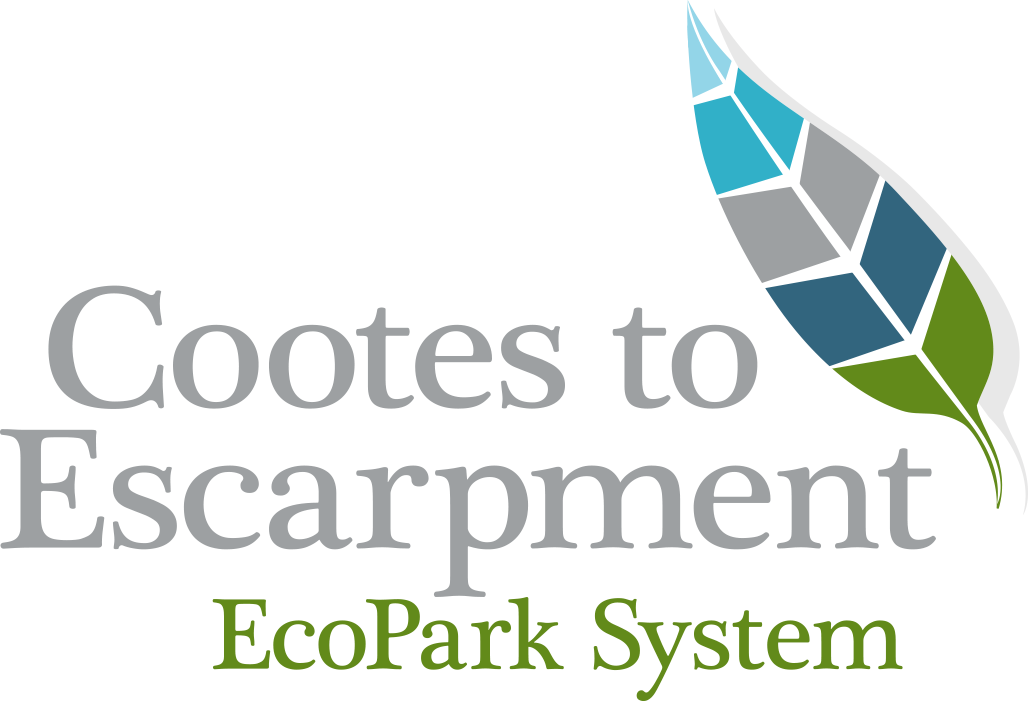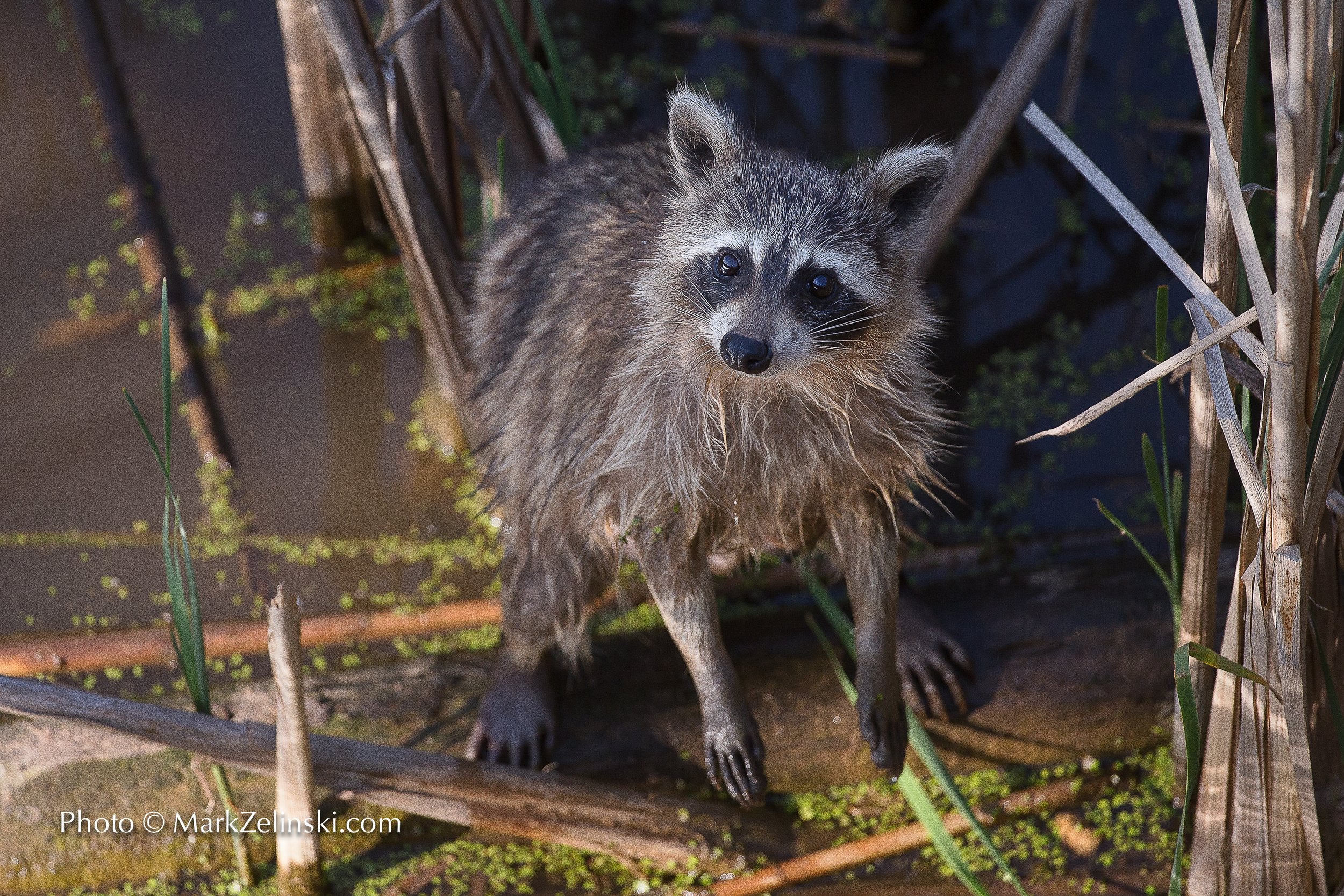Bird Friendly Window Installations Help Reduce Bird Strikes at McMaster University
McMaster University has installed bird-friendly windows on two main campus buildings to keep birds safe. You can easily add them to your home too!
Halton Region Helps Restore Key Portion of Ecological Corridor in Burlington
As part of the Cootes to Escarpment EcoPark System’s Ecological Corridors Pilot Program, Halton Region has undertaken habitat restoration efforts in the Falcon Creek area of the City of Burlington.
New Cootes Drive Vernal Pools Create Critical Habitat for Wildlife
McMaster University has created five new seasonal ponds (vernal pools) along Cootes Drive for important wildlife to grow and thrive.
Removing Invasive Species Strengthens Ecological Corridors in the Cootes to Escarpment EcoPark System and Beyond
The Bruce Trail Conservancy is taking action against invasive species and wants you to know why this is vital for nature's well-being!
Top Tips for Coexisting with Wildlife in Burlington
The City of Burlington’s Animal Services Department has some advice for being a good neighbour to your local wildlife.
Omniscape Impact: a new tool for assessing the effects of habitat restoration on ecological connectivity
ApexRMS developed an innovative new tool to explore the potential pathways that habitat restoration efforts could create for plants and animals trying to move between protected areas.
Botanical Monitoring with RBG: What can the plants tell us about the place?
The RBG Botany Team is helping EcoPark System partners understand the unique plant populations that make local ecological corridor habitats function.
Invasive Plants Within the Cootes to Escarpment EcoPark System
The RBG Botany Team knows all about the invasive plant species you can find in the EcoPark System and how we can all work together to remove them.
Improving Ecological Corridors in City View Park
The Ecological Corridors Pilot Program has allowed the City of Burlington to enhance the ecological restoration work at City View Park that originally began in 2010.
Hamilton Environmentalists of the Year Awards Winner Announcement 2023
The Hamilton Environmentalists of the Year (EOY) Awards Committee is excited to announce that the 2023 EOY Awards ceremony will be held on October 27, 2023, at the LR Wilson Hall on the McMaster University campus from 6 to 9. This year's event is particularly special as it introduces three new youth awards, the legacy award, and the EcoPark System Landowner Stewardship Award.
Local Ecological Corridors and Turtle Populations in the Cootes to Escarpment EcoPark System
Royal Botanical Gardens is on a mission to protect young Blanding’s turtles and keep them away from dangerous roads.
Tackling Invasive Species at Royal Botanical Gardens
Royal Botanical Gardens is working with a dedicated team of invasive field technicians to remove invasive species and install wildlife barrier fencing.
Celebrating Watershed Stewards
Congratulations to the 2023 Watershed Steward Award winners! This year the EcoPark System recognized two landowners for maintaining ecological corridors in their own backyards.
Deer Exclusion Fencing at Sheelah Dunn Dooley Nature Sanctuary
The Hamilton Naturalists’ Club installed deer exclusion fencing at the Sheelah Dunn Dooley Nature Sanctuary.
Connecting with the Neighbours
The Hamilton Naturalists' Clubr reached out to their neighbors to share their work and highlight actions they can take on their own properties to be good neighbours to nature sanctuaries.
Stewarding the Ecological Corridor through Hidden Valley
Conservation Halton has been connecting with residents of the Hidden Valley neighbourhood to discuss how they can work together to better protect and enhance this critical ecological corridor.
The EcoPark System’s 5 June Open House Post Event Summary
The 5 June Open House Event was a great success! Thank you to all of those who came out to learn more about the Cootes to Escarpment EcoPark System and the Ecological Corridors Pilot Program.
Invasive Species Inventory and Management, and Tree Planting with Conservation Halton
Conservation Halton has been working hard to remove invasive species from their properties and have planted over 16,000 native trees and shrubs!


















